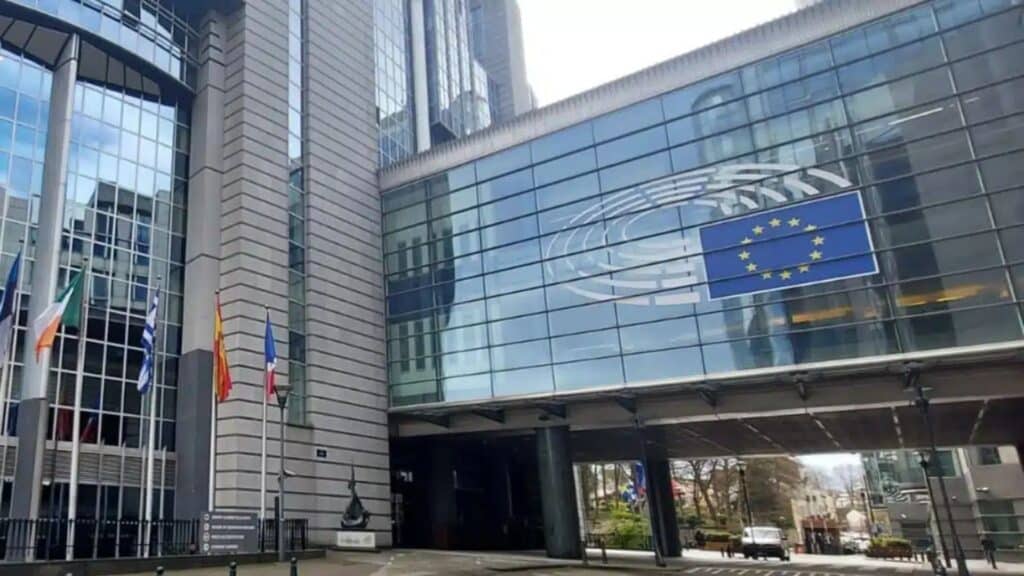The European Commission opened an in-depth investigation last Friday into CRRC Qingdao Sifang Locomotive, a subsidiary of China Railway Rolling Stock Corporation (CRRC), the state-owned Chinese train manufacturer. The Commission believes there are sufficient indications that the company has received a foreign subsidy, distorting the internal market of the EU.
The investigation pertains to a public procurement procedure initiated by the Ministry of Transport of Bulgaria for the supply of 20 electric trains, along with related maintenance and personnel training services, under a contract worth 610 million euros.
This marks the first in-depth investigation initiated by Brussels concerning the regulation on foreign subsidies, which requires companies to notify their public tenders in the EU when the estimated value of the contract exceeds 250 million euros. Additionally, the company must have received at least four million euros in foreign financial contributions from at least one third country in the three years preceding the notification.
The Commission will continue assessing the alleged foreign subsidies following a preliminary examination of the notification submitted by CRRC. It will gather all necessary information to determine whether these subsidies have contributed to the Chinese state-owned company submitting an unduly advantageous bid in response to a tender.
The Commission faces three options: accepting the company’s commitments, prohibiting its participation in the tender, or not opposing its offer. This decision is not only crucial for the Bulgarian contract but will also set a precedent on how the EU addresses the complex interaction between international trade and the protection of its internal market. Commissioner for the Internal Market, Thierry Breton, has emphasized the intention to safeguard the EU’s single market from external distortions, acknowledging the regulatory and diplomatic challenges along the way.
